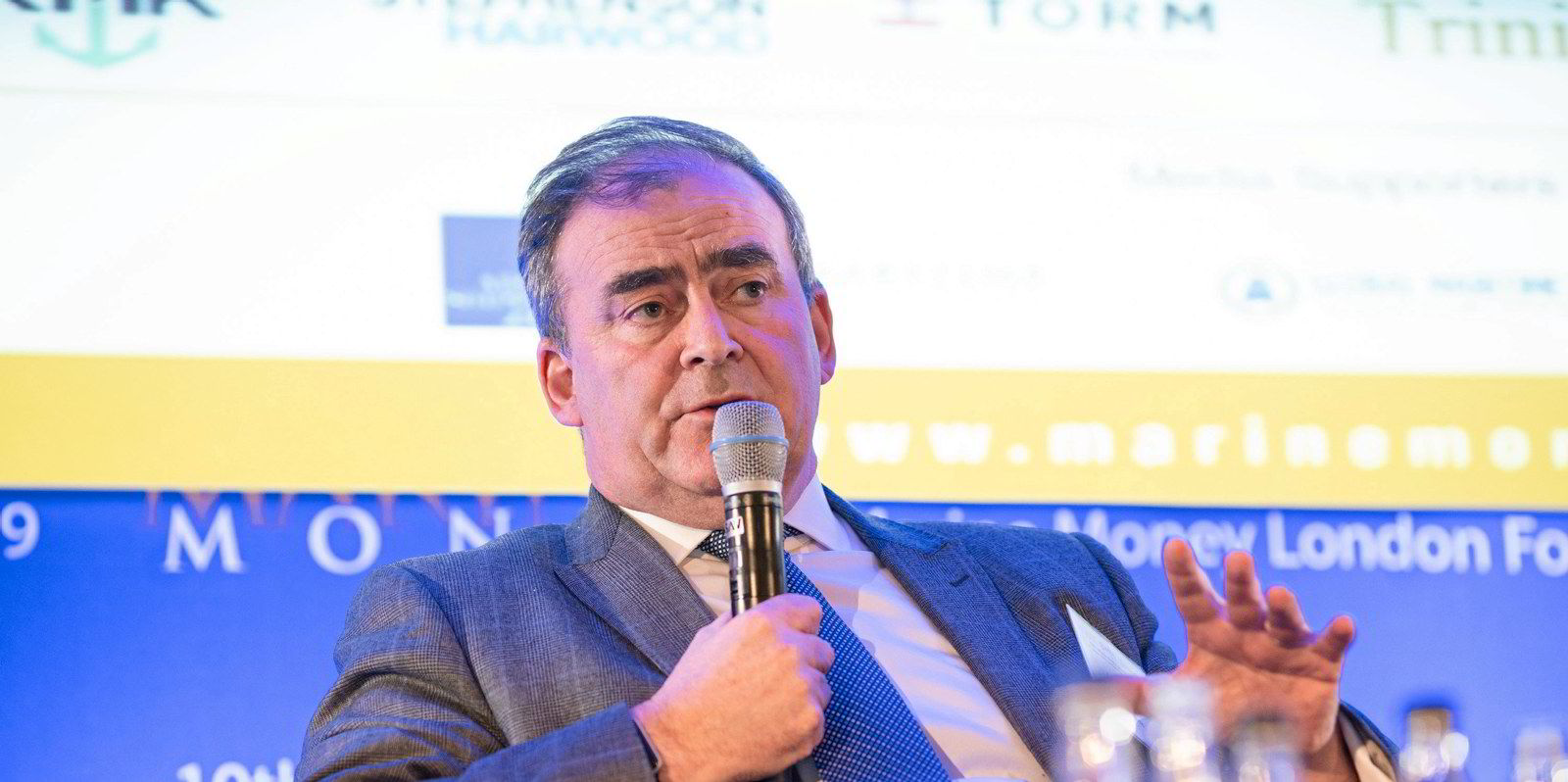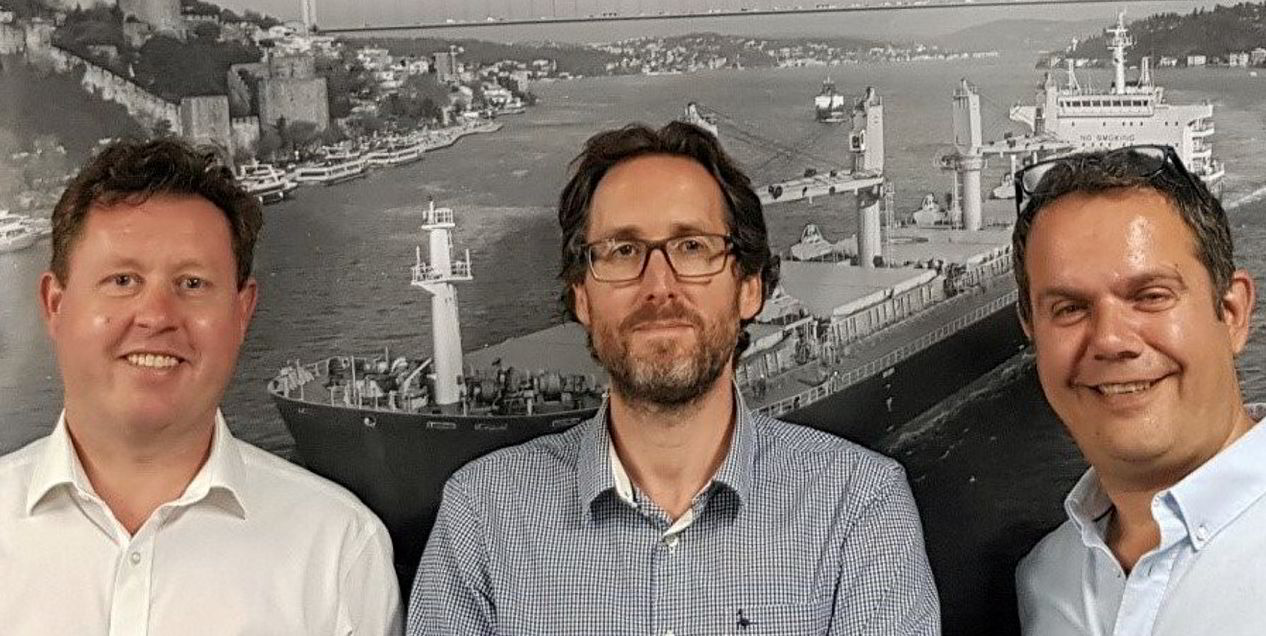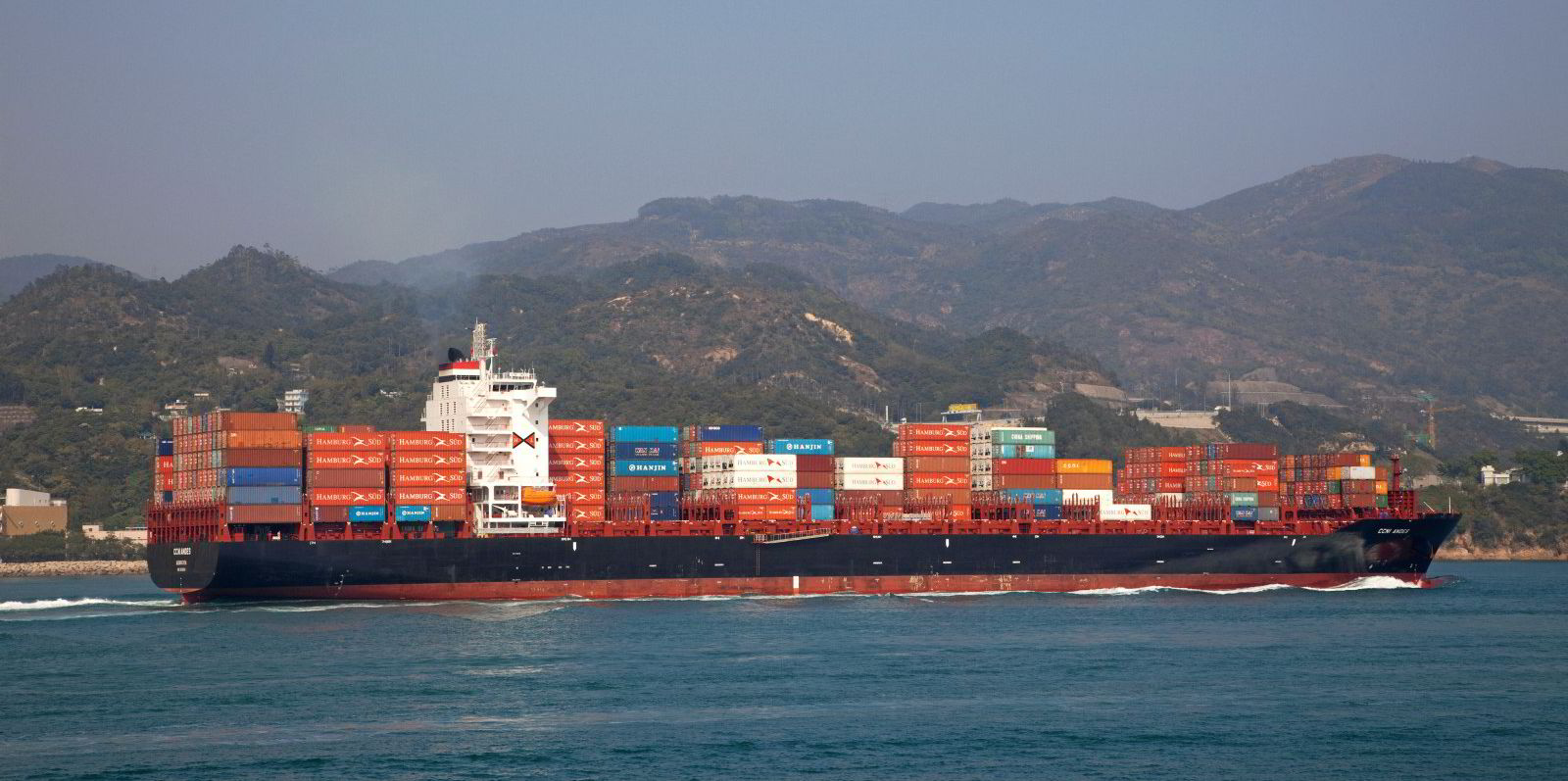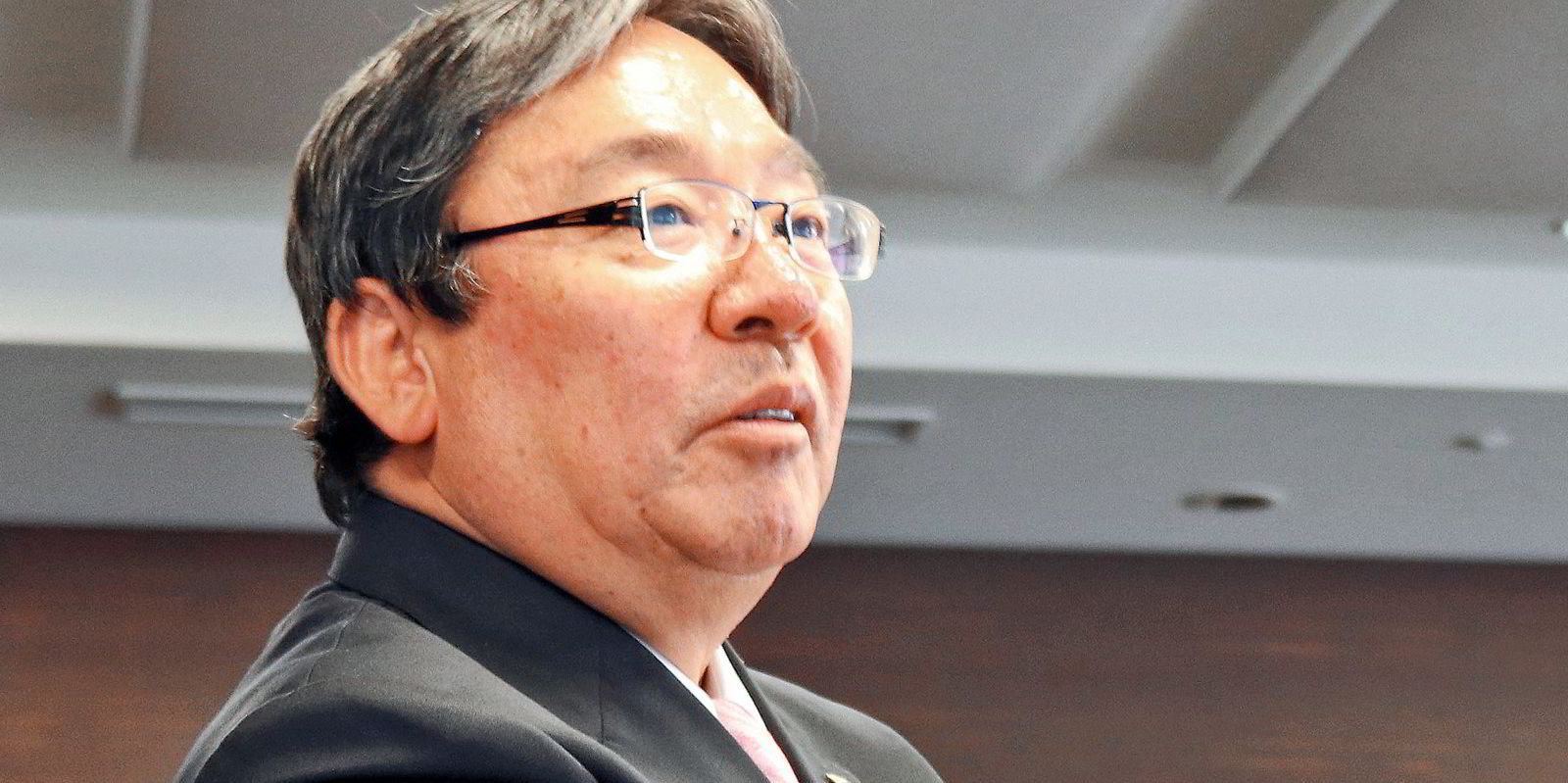UK shipping fund Tufton Oceanic Assets is eyeing more purchases after selling a feedership for more than double what it paid three years ago.
The London-listed company has agreed to divest an unnamed vessel for $21.5m, after paying $10.25m for it in February 2018.
The ship is likely to be one of the 1,700-teu sisters MCC Kyoto and MCC Seoul (both built 2008), acquired from MCC Transport.
In 2018, the price was 70% of the depreciated replacement cost, but the sale fee is more than 170% of this cost.
The internal rate of return (IRR), which is the effective annual rate of growth, is 31%.
This is only the fourth time Tufton Oceanic has sold a vessel.
Selling at the right time
"Whilst the company aims to hold its investments over the longer term, we will sell investments where this generates additional value for shareholders," Tufton Oceanic said.
The company said it continues to identify potential acquisitions and expects to redeploy the sale proceeds promptly.
Prospective investments include a bulker that will be chartered out for two years, a chemical tanker and a larger containership with a four to seven-year charter already in place.
The company's estimated net asset value (NAV) at 30 June was $312.6m, with a return for the second quarter of 11.7%.
This is despite the downward movement in charter values because of strong containership and bulker markets.
Lagging the market
Tufton has previously said the company's charter coverage means its NAV will "lag the market".
The negative charter value increased from $44.6m to $71.7m during the quarter.
But this figure will climb towards zero as vessels are re-fixed at current rates.
The value of the company's fleet if it were charter-free would be $391.7m. With charter values reflected, this figure is $320m.
Tufton also said that, during the second quarter, the charter for an unnamed bulker was stretched by between 14 and 17 months through to early 2023.
The deal will produce an annual net yield of 17%.
And Tufton is spying a tanker recovery on the horizon.
"While the tanker market remains weak, the company is insulated by its strong contractual coverage. Tanker asset values have started to increase in anticipation of a recovery in demand for transport fuels and the continued supply side correction," the company said.







